June 20, 2019
London remains second most expensive office market
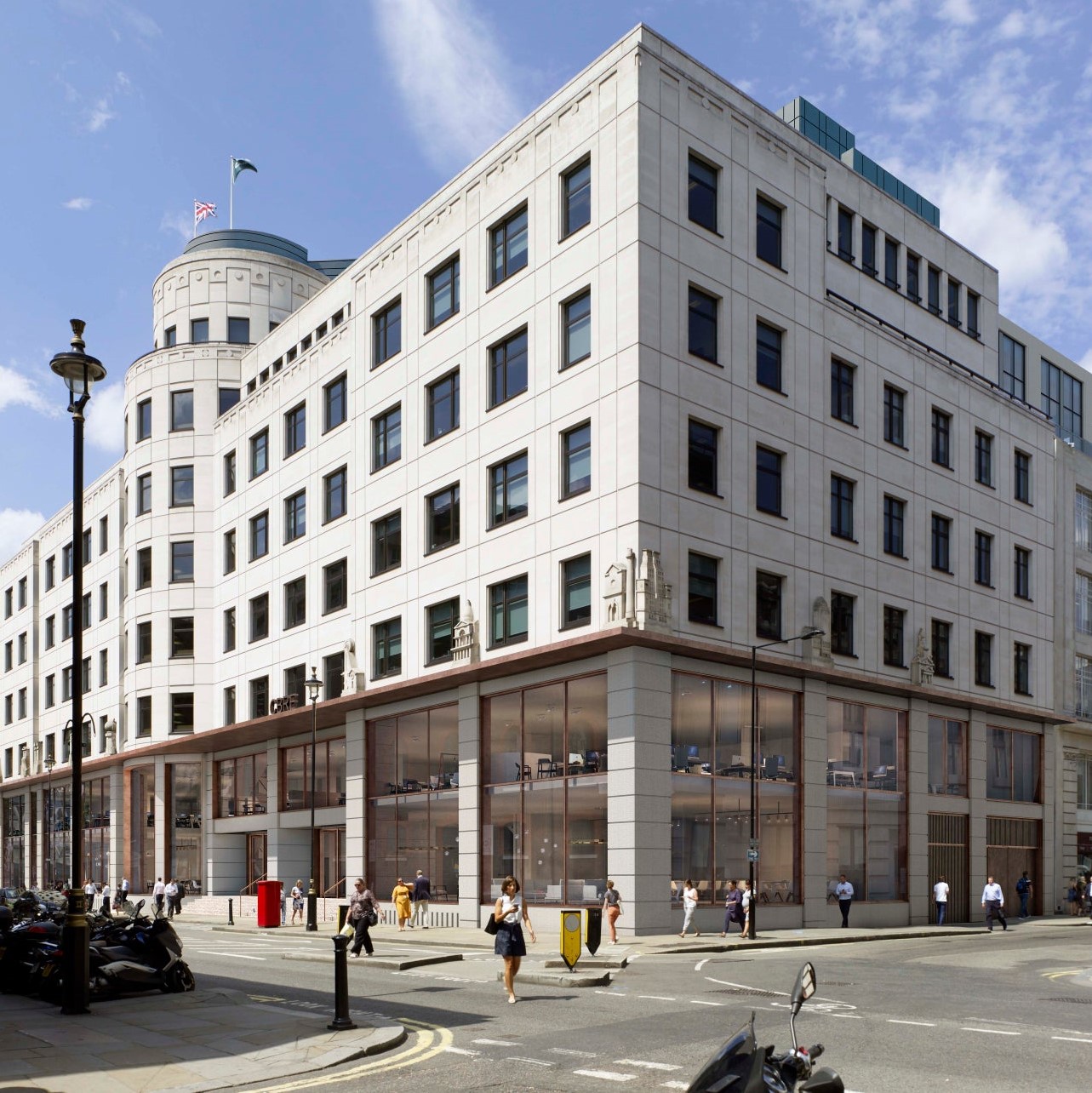 Hong Kong Central and London’s West End held onto their top spots in a ranking of the most expensive office market locations in the world at $322 and $220.70 per sq. ft. per year respectively according to the latest Global Prime Office Occupancy Costs report from CBRE. The ten most expensive markets were the same markets as last year, though several have changed positions within the top category. The biggest gainer within the top 10 was Midtown Manhattan ($196.89) in New York City, which climbed to the fourth most expensive market this year from the sixth last year. London City retained its number 10 position on the list at $139.75 per sq. ft. (more…)
Hong Kong Central and London’s West End held onto their top spots in a ranking of the most expensive office market locations in the world at $322 and $220.70 per sq. ft. per year respectively according to the latest Global Prime Office Occupancy Costs report from CBRE. The ten most expensive markets were the same markets as last year, though several have changed positions within the top category. The biggest gainer within the top 10 was Midtown Manhattan ($196.89) in New York City, which climbed to the fourth most expensive market this year from the sixth last year. London City retained its number 10 position on the list at $139.75 per sq. ft. (more…)





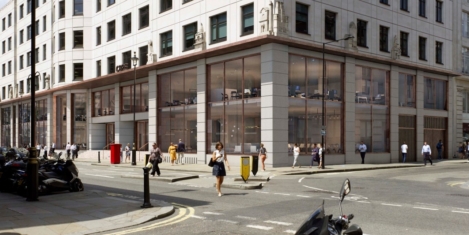



 UK SMEs are losing out to big tech in the battle to recruit top tech talent, according to Robert Half UK’s new report,
UK SMEs are losing out to big tech in the battle to recruit top tech talent, according to Robert Half UK’s new report, 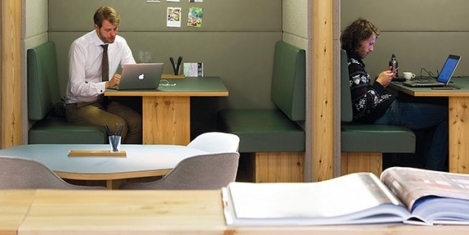
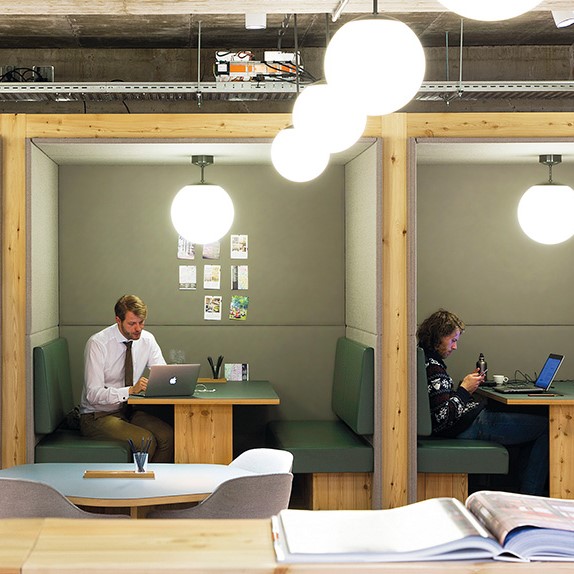

 New research from AXA PPP healthcare claims that eight out of ten (82 percent) SME business leaders don’t have a health and wellbeing strategy in place. The same research found two-thirds (24 percent) report experiencing job-related stress or anxiety and just 15 per cent believe their company provides a culture which supports their mental health. The research also claims nearly half (46 percent) of employees working in small and medium sized businesses continue working when they’re feeling unwell and less than a quarter (24 percent) see a GP because they worry about taking time off work. One-fifth (18 percent) feel guilty for taking time away from their desk for lunch and more than a quarter (27 percent) send and receive emails outside of work hours.
New research from AXA PPP healthcare claims that eight out of ten (82 percent) SME business leaders don’t have a health and wellbeing strategy in place. The same research found two-thirds (24 percent) report experiencing job-related stress or anxiety and just 15 per cent believe their company provides a culture which supports their mental health. The research also claims nearly half (46 percent) of employees working in small and medium sized businesses continue working when they’re feeling unwell and less than a quarter (24 percent) see a GP because they worry about taking time off work. One-fifth (18 percent) feel guilty for taking time away from their desk for lunch and more than a quarter (27 percent) send and receive emails outside of work hours.









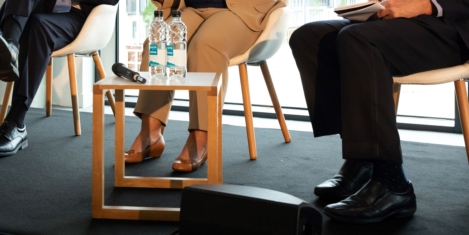
 AI and its transformational effect on the global business landscape was the dominant theme on day one of the
AI and its transformational effect on the global business landscape was the dominant theme on day one of the 







June 20, 2019
The case for a shorter working week
by Shainaz Firfiray • Comment, Wellbeing